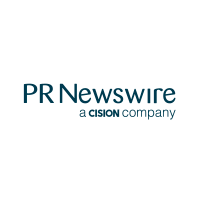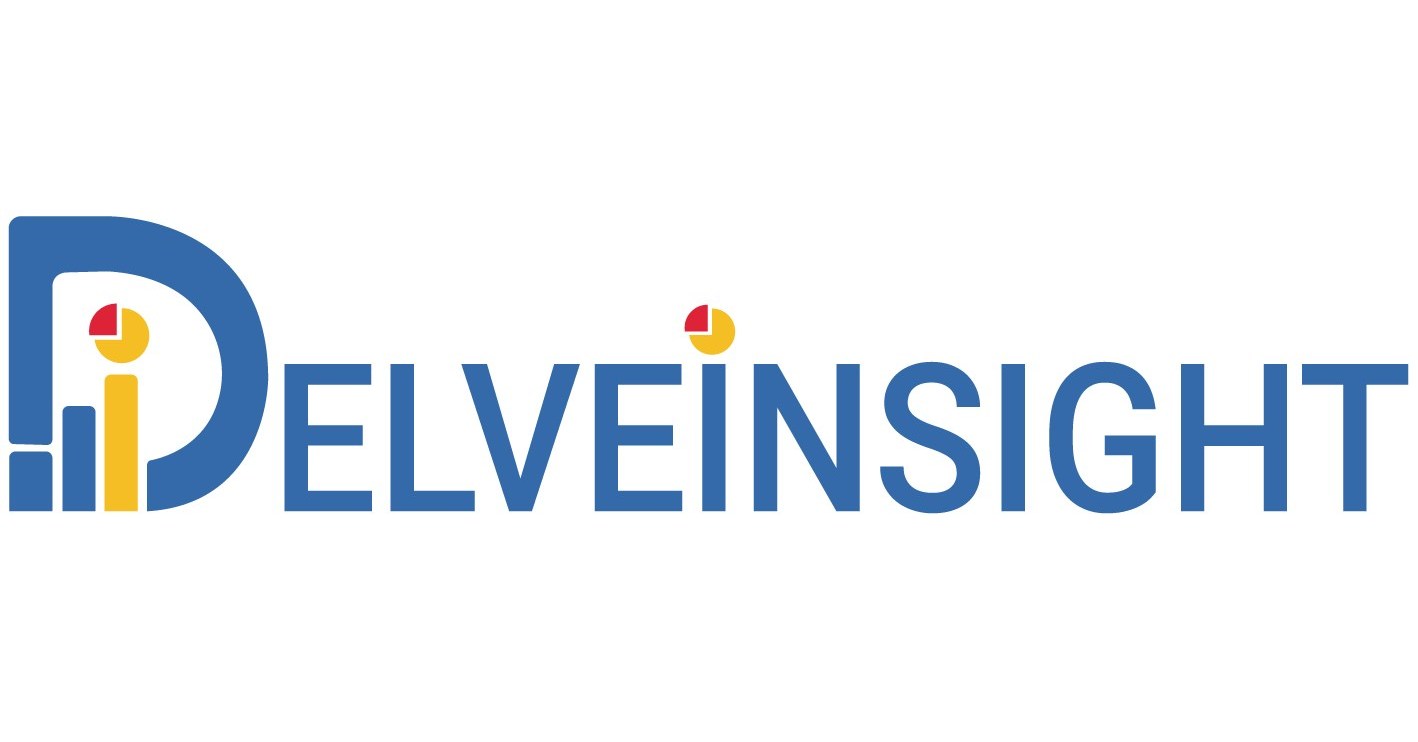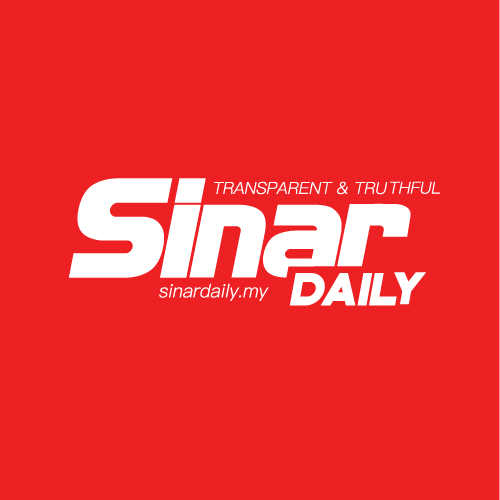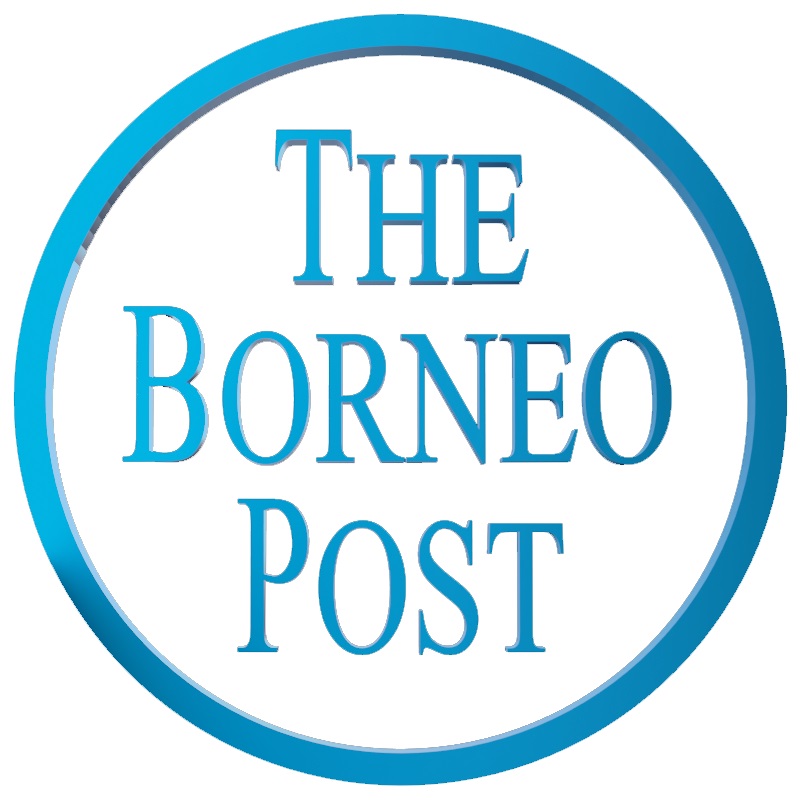Bispecific Antibodies in Oncology Market Forecast to Surge Over the Next Decade | DelveInsight
12 hours ago
The bispecific antibodies in oncology market is anticipated to experience substantial growth in the coming years. This growth is driven by the rising incidence of ALL, DLBCL, NSCLC, BTC, and others, technological advancements, increasing regulatory approvals, strategic collaborations, and high market demand. Additionally, the expected launch of emerging bispecific antibodies in oncology, such as Givastomig, Volrustomig, BNT327, Acasunlimab, Rilvegostomig, CTX-009, IBI363, REGN5459, CA-170, Ivonescimab, and others, will further propel the market.
LAS VEGAS, Sept. 15, 2025 /PRNewswire/ -- DelveInsight's Bispecific Antibodies in Oncology Market Size, Target Population, Competitive Landscape & Market Forecast report includes a comprehensive understanding of current treatment practices, addressable patient population, which includes top indications such as Acute Lymphocytic Leukemia, Diffuse Large B-cell Lymphoma, Follicular Lymphoma, Multiple Myeloma, Non-small-cell Lung Cancer, Small-cell Lung Cancer, Biliary Tract Cancer, Breast Cancer, Gastric Cancer/Esophageal Cancer, Pancreatic Cancer, Colorectal Cancer, and others. The selected indications are based on approved therapies and ongoing pipeline activity. The report also provides insights into the emerging bispecific antibodies in oncology, market share of individual therapies, and current and forecasted market size from 2020 to 2034, segmented into leading markets (the US, EU4, UK, and Japan).
Bispecific Antibodies in Oncology Market Summary
Discover which indication is expected to grab the major bispecific antibodies in oncology market share @ Bispecific Antibodies in Oncology Market Report
Key Factors Driving the Growth of the Bispecific Antibodies in Oncology Market
Rising Cancer Incidence
The increasing global prevalence of cancer is a significant driver for the bispecific antibodies market. The WHO/IARC projects a rise to over 35 million new cancer cases by 2050, which is about a 77% increase compared to 2022. As per DelveInsight's analysis, the total incident cases of NSCLC in the 7MM were approximately 537K in 2024; these cases are estimated to increase by 2034.
BLINCYTO's Evolving Role in Hematologic Oncology
BLINCYTO has been around for almost a decade. This therapy is the current market leader in the ALL sector, and Amgen is expanding its use to earlier stages of illness, as it was first licensed for relapsed/refractory ALL. It is also FDA authorized for MRD-positive patients. Amgen is now attempting to enter niche markets with BLINCYTO.
Rising M&A Activity in Dual-Targeted Oncology Therapies
Amid rising industry interest in PD-(L)1 × VEGF bispecifics, Pfizer made a landmark move by acquiring 3SBio's SSGJ-707 for USD 1.25 billion upfront, with potential milestones reaching USD 4.8 billion, marking the largest deal in this emerging field. This follows BioNTech's USD 800 million acquisition of Biotheus, including BNT327, and Merck & Co.'s USD 588 million upfront payment for LaNova Medicines' LM-299, underscoring the growing momentum behind dual-targeted therapies.
Robust Bispecific Antibodies in Oncology Clinical Trial Activity
The bispecific antibodies in oncology clinical trials include several promising therapies such as Givastomig (I-MAB Biopharma and BMS), Volrustomig (AstraZeneca), BNT327 (BioNTech and Bristol Myers Squibb), Acasunlimab (Genmab), Rilvegostomig (AstraZeneca), CTX-009 (Compass Therapeutics), IBI363 (Innovent), REGN5459 (Regeneron Pharmaceuticals), CA-170 (Aurigene Oncology and Curis), and others.
Notable Targets of Bispecific Antibodies in Oncology
PD-1 × VEGF, PD-1 × CTLA-4, PD-L1 × 4-1BB, TIGIT × PDL1, and others are the prominent targets of bispecific antibodies in NSCLC, whereas targets such as DLL4 × VEGF-A, PD-L1 × VEGF-A, PD-1/IL-2α, Claudin 18.2 (CLDN18.2)/4-1BB, BCMA × CD3, and others are in other cancers.
Promising Companies Developing Technologies for Bispecific
Leading companies such as Roche (CrossMAb Technology), Merus (Multiclonics Therapeutics), Adimab (Multispecific and T-cell engager platform), Creative Biolabs (Knobs-in-holes Bispecific Antibody), Amgen (BiTE Antibody), Zymeworks (Azymetric), Xencor (XmAb Bispecific Fc Domain Platform), Genmab (Duobody Platform), and others are developing technologies for bispecific antibodies.
Bispecific Antibodies in Oncology Market Analysis
Bispecific antibodies have gained significant attention over the past decade. Although bispecific immunomodulatory antibodies have shown promising clinical activity in certain tumor types, achieving robust anti-tumor efficacy in most solid tumors remains a challenge. Numerous bispecific antibodies targeting different combinations of antigens have demonstrated strong preclinical anti-tumor effects, yet many of these positive findings have not translated successfully into clinical outcomes. As an increasing number of bispecific antibodies advance through preclinical and clinical development, a variety of challenges have emerged that complicate their progression.
COLUMVI (Glofitamab, Roche Group), EPKINLY (epcoritamab, Genmab/AbbVie), TALVEY (talquetamab, Johnson & Johnson), LYNOZYFIC (linvoseltamab, Regeneron Pharmaceuticals), IMDELLTRA (tarlatamab, Amgen), ORDSPONO (odronextamab, Regeneron), ZIIHERA (zanidatamab, Jazz Pharmaceuticals), BIZENGRI (zenocutuzumab, Merus), and others are the approved Bispecific Antibodies in Oncology.
T cell-engaging bispecific antibodies have proven effective in treating hematological malignancies, but similar approaches have been less successful in solid tumors. Factors contributing to this reduced efficacy include limited availability of tumor-specific targets, the immunosuppressive tumor microenvironment, and physical barriers that hinder antibody penetration. Bispecific antibodies can simultaneously engage immune checkpoints such as PD-1/PD-L1, VEGF, CTLA-4, and 4-1BB, enabling dual modulation of key cancer pathways while enhancing specificity and reducing off-target toxicity in cancer immunotherapy.
The growing interest in PD-(L)1 x VEGF bispecifics is driving notable industry activity. Pfizer's acquisition of 3SBio's SSGJ-707 for USD 1.25 billion upfront, with up to USD 4.8 billion in milestones, represents the largest deal in this emerging space. This follows BioNTech's USD 800 million acquisition of Biotheus, including BNT327, and Merck & Co.'s USD 588 million upfront payment for LaNova Medicines' LM-299, underscoring the increasing momentum and commercial potential of dual-targeted bispecific therapies.
Learn more about the Bispecific Antibodies in Oncology @ Bispecific Antibodies in Oncology Market Size
Bispecific Antibodies in Oncology Competitive Landscape
Some of the potential bispecific antibodies in clinical trials include Givastomig (I-MAB Biopharma and BMS), Volrustomig (AstraZeneca), BNT327 (BioNTech and Bristol Myers Squibb), Acasunlimab (Genmab), Rilvegostomig (AstraZeneca), CTX-009 (Compass Therapeutics), IBI363 (Innovent), REGN5459 (Regeneron Pharmaceuticals), CA-170 (Aurigene Oncology and Curis), and others.
Volrustomig (MEDI5752) is a monovalent, humanized IgG1 monoclonal antibody that acts as a PD-1/CTLA-4 bispecific inhibitor. It is engineered to block PD-1 while enhancing CTLA-4 inhibition specifically on PD-1+ activated T cells, compared to resting PD-1– peripheral T cells. This selective mechanism may allow stronger CTLA-4 inhibition at tolerable doses beyond what current PD-1/CTLA-4 combinations achieve. Volrustomig is being evaluated in multiple Phase III trials across various cancers, including eVOLVE-cervical (locally advanced cervical cancer), eVOLVE-HNSCC (unresected locally advanced head and neck squamous cell carcinoma), eVOLVE-Lung02 (first-line metastatic NSCLC), and eVOLVE-Meso (first-line unresectable malignant pleural mesothelioma). According to the Q1 2025 presentation, Phase IIb eVOLVE-01 (NCT06448754) results in NSCLC are expected in H2 2025.
Givastomig (TJ-CD4B/ABL111 or TJ033721) is a bispecific antibody that targets Claudin 18.2 (CLDN18.2) on tumor cells and 4-1BB to activate T cells within the tumor microenvironment conditionally. It binds tumor cells with varying CLDN18.2 expression, including gastric and pancreatic cancers, and selectively stimulates intra-tumoral T cells through 4-1BB. The US FDA has granted Orphan Drug Designation to givastomig for gastric cancer, including gastroesophageal junction tumors. In June 2025, I-Mab published first-in-human monotherapy data for givastomig in Clinical Cancer Research. Earlier, in March 2025, I-Mab reported that enrollment in the Phase Ib combination study's first dose expansion cohort finished ahead of schedule, with continued progress in the second cohort. In January 2025, I-Mab outlined its 2025 strategic focus on advancing givastomig for first-line metastatic gastric cancer, while exploring its potential in other solid tumors.
BNT327 is an investigational bispecific antibody combining two validated oncology mechanisms in one molecule. It simultaneously inhibits PD-L1, restoring T-cell recognition and killing of tumor cells, and neutralizes VEGF-A. Several global trials are ongoing or planned for 2025, including three with registrational potential in first-line small cell lung cancer (SCLC), first-line NSCLC, and first-line triple-negative breast cancer (TNBC).
The anticipated launch of these emerging therapies is poised to transform the bispecific antibodies in oncology market landscape in the coming years. As these cutting-edge therapies continue to mature and gain regulatory approval, they are expected to reshape the bispecific antibodies in oncology market landscape, offering new standards of care and unlocking opportunities for medical innovation and economic growth.
To know more about bispecific antibodies in oncology clinical trials, visit @ Bispecific Antibodies in Oncology Treatment
Recent Developments in the Bispecific Antibodies in Oncology Market
Bispecific Antibodies in Oncology Overview
Bispecific antibodies in oncology are engineered to include two or more distinct antigen-binding domains, enabling them to bind selectively to multiple targets. By leveraging the flexibility of these multi-specific molecules, immunotherapy strategies can simultaneously engage different pathways or cells. This innovative class of biologics offers dual-targeting capabilities, enhancing therapeutic efficacy and demonstrating significant promise in treating cancer, autoimmune disorders, and various rare diseases.
Bispecific Antibodies in Oncology Epidemiology Segmentation
The bispecific antibodies in oncology report provides the total potential number of patients in the indications, such as Acute Lymphocytic Leukemia, Diffuse Large B-cell Lymphoma, Follicular Lymphoma, Multiple Myeloma, Non-small-cell Lung Cancer, Small-cell Lung Cancer, Biliary Tract Cancer, Breast Cancer, Gastric Cancer/Esophageal Cancer, Pancreatic Cancer, Colorectal Cancer, and others. In the US, the population eligible for treatment with bispecific antibodies in oncology was estimated to be approximately 895K cases. While NSCLC represents roughly 85% of all lung cancer diagnoses, indicating it is the most common type of lung cancer.
The bispecific antibodies in oncology market report is a comprehensive and specialized analysis, offering in-depth epidemiological insights for the study period 2020–2040 across the leading markets. The bispecific antibodies in oncology target patient pool is segmented into:
Scope of the Bispecific Antibodies in Oncology Market Report
Discover more about bispecific antibodies in oncology in development @ Bispecific Antibodies in Oncology Clinical Trials
Table of Contents
Related Reports
Bispecifics Market
Bispecifics Market Size, Target Population, Competitive Landscape & Market Forecast – 2034 report delivers an in-depth understanding of the market trends, market drivers, market barriers, and key bispecifics companies, including Janssen, Amgen, Akeso, Zymeworks, Roche, IGM Biosciences, MacroGenics, Provention Bio, Jiangsu Alphamab Biopharmaceuticals, Sichuan Baili Pharmaceutical, Regeneron Pharmaceuticals, Boehringer Ingelheim, among others.
Bispecifics/BiTE Market
Bispecifics/BiTE Market Size, Target Population, Competitive Landscape & Market Forecast – 2034 report delivers an in-depth understanding of the market trends, market drivers, market barriers, and key bispecifics/BiTE companies, including Aurigene Oncology, Curis, Zenas BioPharma, I-MAB Biopharma, ABL Bio, Bristol Myers Squibb, IMBiologics, Y-Biologics, HK Innoen, Sanofi, Regeneron Pharmaceuticals, among others.
Non-small Cell Lung Cancer Market
Non-small Cell Lung Cancer Market Insights, Epidemiology, and Market Forecast – 2034 report deliver an in-depth understanding of the disease, historical and forecasted epidemiology, as well as the market trends, market drivers, market barriers, and key NSCLC companies including Daiichi Sankyo, AstraZeneca, Gilead Sciences, BieGene, AbbVie, Roche, Merck, Novartis, Pfizer, Takeda Pharmaceuticals, Eli Lilly, BerGenBio, GlaxoSmithKline, Duality biologics, among others.
Multiple Myeloma Market
Multiple Myeloma Market Insights, Epidemiology, and Market Forecast – 2034 report delivers an in-depth understanding of the disease, historical and forecasted epidemiology, as well as the market trends, market drivers, market barriers, and key multiple myeloma companies, including Sanofi, Karyopharm Therapeutics, AbbVie, Takeda Pharmaceutical, Celgene, Bristol-Myers Squibb, RAPA Therapeutics, Pfizer, Array Biopharma, Cellectar Biosciences, BioLineRx, Celgene, Aduro Biotech, ExCellThera, Janssen Pharmaceutical, Precision BioSciences, Takeda, Glenmark (Ichnos Sciences SA), Poseida Therapeutics, Molecular Partners AG, Chipscreen Biosciences, AbbVie, Genentech (Roche), Janssen Biotech, Nanjing Legend Biotech, Merck Sharp & Dohme Corp., among others.
About DelveInsight
DelveInsight is a leading Business Consultant and Market Research firm focused exclusively on life sciences. It supports pharma companies by providing comprehensive end-to-end solutions to improve their performance. Get hassle-free access to all the healthcare and pharma market research reports through our subscription-based platform PharmDelve.
Contact UsShruti Thakur [email protected] +14699457679
Logo: https://mma.prnewswire.com/media/1082265/DelveInsight_Logo.jpg
SOURCE DelveInsight Business Research, LLP
...Read the fullstory
It's better on the More. News app
✅ It’s fast
✅ It’s easy to use
✅ It’s free









.png)